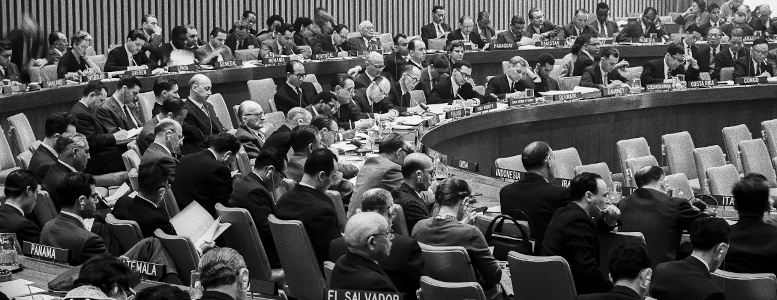Eleven hemp associations from around the world have agreed to a common position on CBD, seeking normalization they say is implied by existing international conventions.
The groups say that while International Drug Control systems (IDCCs) impose strict rules for cannabis growing for research and the pharmaceutical sector, those provisions do not apply to hemp and industrial uses of the cannabis plant unrelated to controlled substances.
The common position is based on the 1961 Single Convention on Narcotic Drugs as amended by the 1972 Protocol, and the 1971 Convention on Psychotropic Substances. The Single Convention was ratified by 180 states and still determines national drug laws around the world.
International frameworks
The position also takes into consideration the United Nations Convention against Illicit Traffic in Narcotic Drugs and Psychotropic Substances (1988), which reinforces the 1961 and 1971 protocols, particularly in terms of law enforcement, the groups said in a statement accompanying the paper.
“The International Drug Control Conventions (IDCCs) do not regulate hemp. However, they may affect hemp-related policies, in particular because of legal uncertainties and gray areas due to the low level of definition of cannabis by the IDCCs,” the document says.
The IDCCs are legal frameworks that regulate pharmaceutical markets for controlled substances, plants and fungi. But non-medical applications of cannabis are fully exempt from control, the groups emphasize.
Clear exemptions
Although hemp is under the auspices of the 1961 Convention, clear exemptions allow countries to implement hemp policies and regulations; ratifying countries are also exempt from provisions governing medicinal products if their outputs are strictly for industrial purposes. The 1971 Convention underscores that principle, indicating governments “may permit […] the use of such substances in industry for the manufacture of non-psychotropic substances or products.”
The 1961 Convention also explicitly exempts cannabis seeds, fibers and “leaves when not accompanied by tops,” further indicating that all parts of the cannabis plant aside from “flowering or fruiting tops” do not fall under the terms of the Convention if that material is used for industrial applications.
What WHO says
The World Health Organization (WHO) recommended in 2017 that nations should not treat CBD in its pure state as a controlled substance, noting “natural CBD is safe and well-tolerated in humans (and animals) and is not associated with any negative public health effects.”
That was followed in 2019 by a WHO recommendation that the United Nations remove cannabis from Category IV, the most restrictive classification in the 1961 Single Convention.
“The WHO has made it clear that cannabidiol (CBD)-focused preparations containing no more than 0.2% THC should not be under international control,” the associations write in the position paper.
Signatories to the common position are: The Asia-Pacific CBD Union; Australian Hemp Council; British Hemp Alliance; Canadian Hemp Trade Alliance; European Industrial Hemp Association; Hokkaido Industrial Hemp Association (Japan); Hemp Industries Association (USA); Latin American Industrial Hemp Association; Mongolian Hemp Association; National Hemp Association (USA); and the New Zealand Hemp Industries Association.

